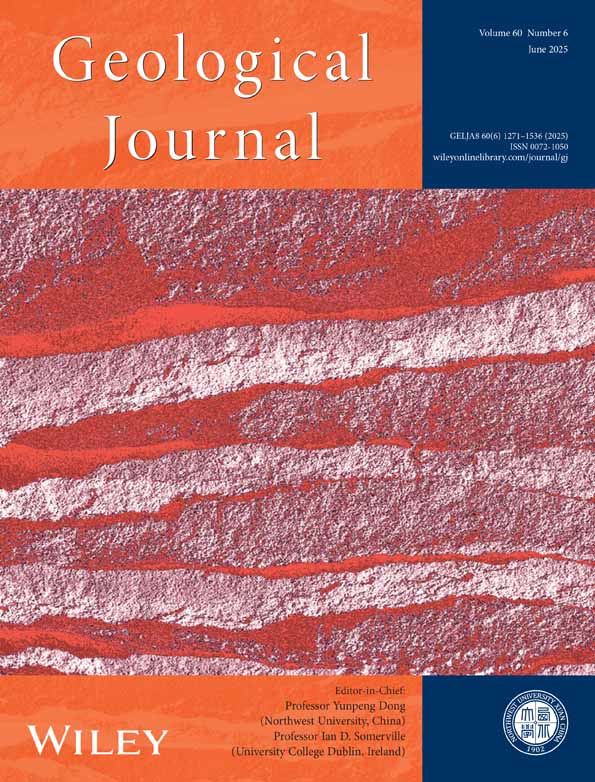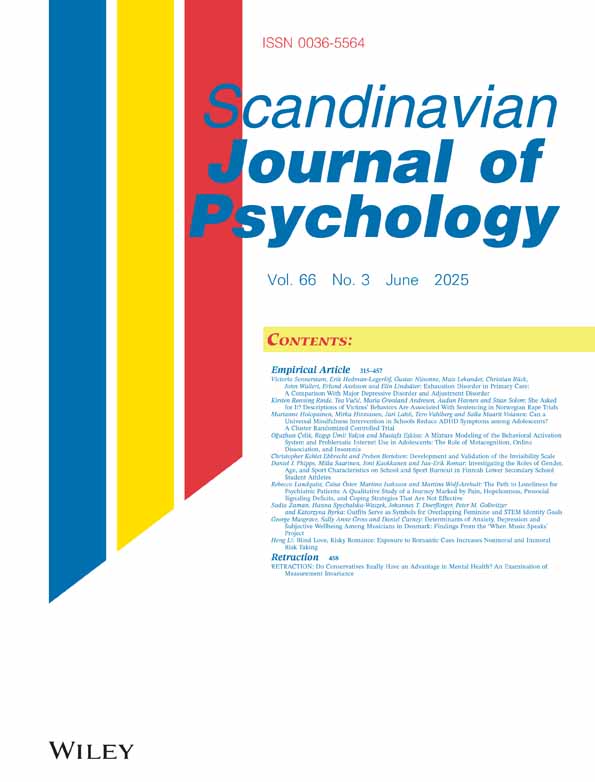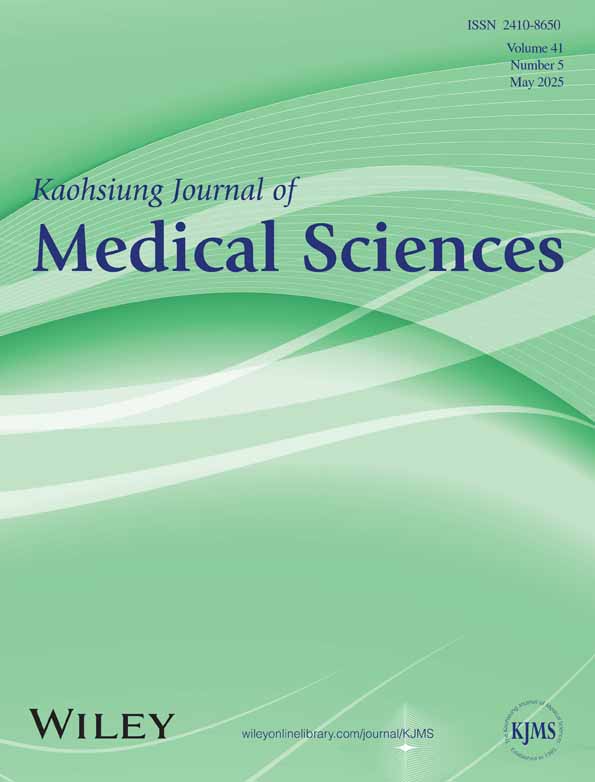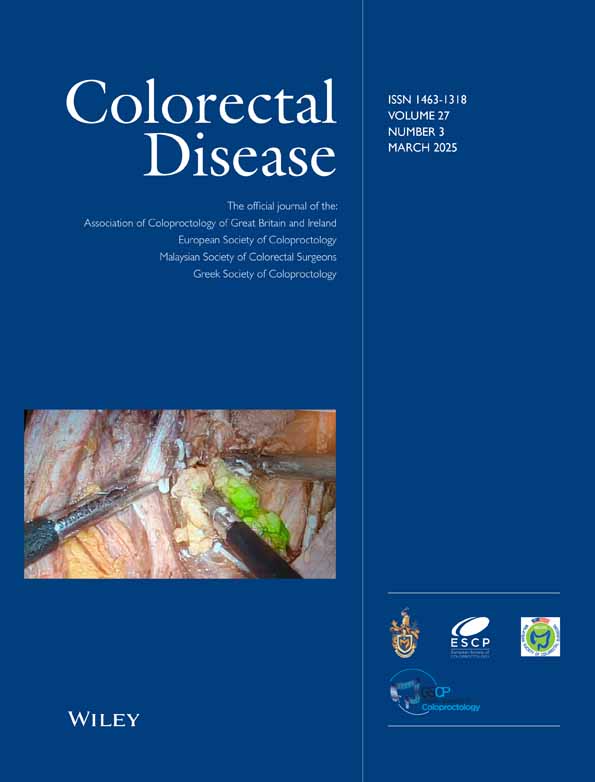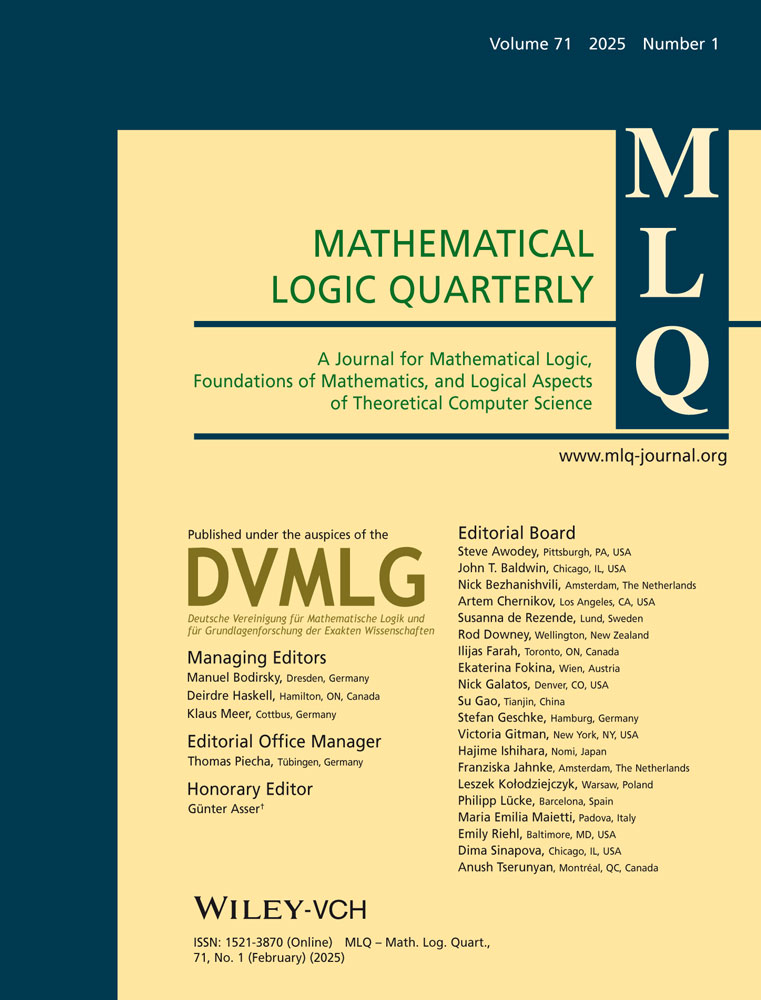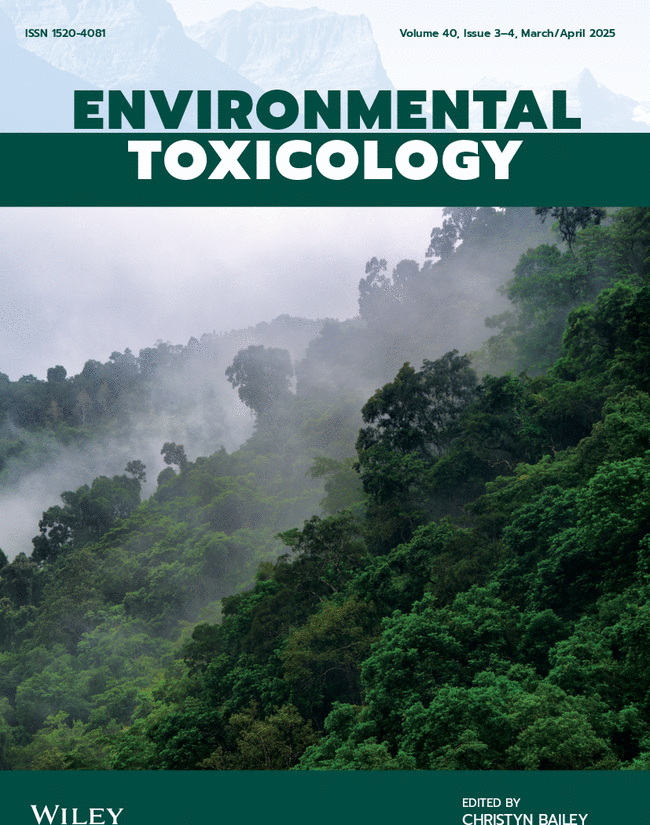Wiley has issued a mass correction at one of its journals after finding nearly 100 papers with undisclosed conflicts of interest related to submissions by board members and relationships between authors and journal editors.
An investigation found conflict of interest issues in 98 papers published from 2020 to 2025 in Geological Journal, although the issues may have gone on before then, sleuths suggest. Nearly a third of the papers shared a single co-author — an associate editor at the journal.
That editor’s contract was not renewed, we have learned.
According to the correction notice, issued in early May, the journal had not taken “measures to manage potential conflicts of interest between authors and editors” for 98 articles.
Continue reading Journal corrects nearly 100 papers after authors fail to disclose they are on the editorial board